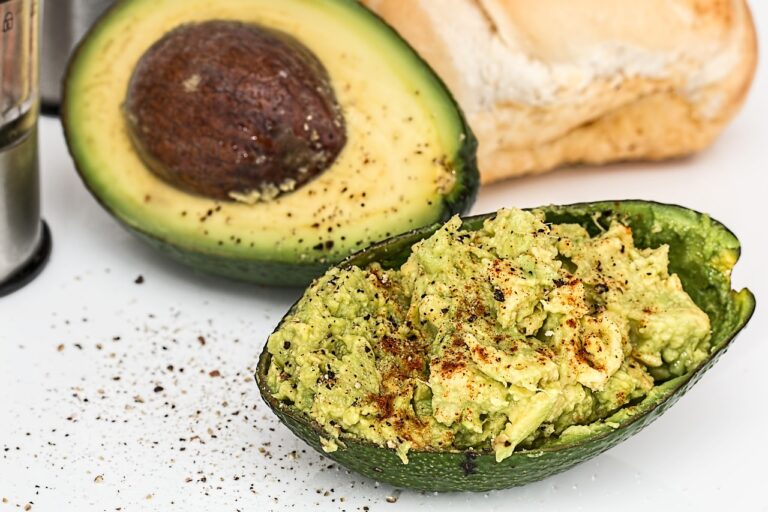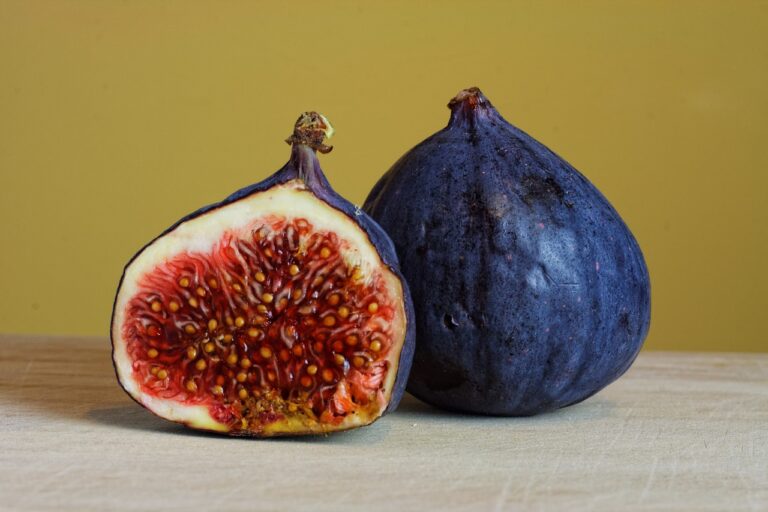Analyzing Consumer Trends in Organic Meat Consumption: Allpannel, Laserbook247 com, 247betbook
allpannel, laserbook247 com, 247betbook: Analyzing Consumer Trends in Organic Meat Consumption
In recent years, there has been a noticeable shift in consumer preferences towards organic foods, and this trend is particularly prevalent in the meat industry. People are becoming more conscious about where their food comes from, how it is produced, and its impact on their health and the environment.
As a result, the demand for organic meat has been on the rise, with more and more consumers opting for organic options over conventionally raised meats. In this article, we will delve into the various factors driving this trend and analyze the consumer behaviors that are shaping the organic meat market.
The Rise of Organic Meat Consumption
Organic meat refers to meat that is produced without the use of antibiotics, growth hormones, or genetically modified organisms (GMOs). Animals raised for organic meat are typically fed organic feed and given access to outdoor areas for grazing. This production method is perceived as more sustainable, humane, and healthier than conventional meat production.
One of the key driving factors behind the rise of organic meat consumption is heightened awareness about health and wellness. Consumers are increasingly prioritizing clean eating and are willing to pay a premium for organic products that are perceived to be free from harmful chemicals and additives.
Moreover, concerns about animal welfare and environmental sustainability are also influencing consumer behaviors. People are more conscious about the treatment of animals in the food production process and the impact of intensive farming practices on the planet. Organic meat, with its emphasis on ethical animal treatment and sustainable farming methods, aligns with these values and resonates with environmentally conscious consumers.
Consumer Behaviors in Organic Meat Consumption
When it comes to purchasing organic meat, consumers exhibit certain behaviors and preferences that shape the market dynamics. Understanding these behaviors is crucial for businesses looking to cater to the growing demand for organic meat products.
One notable trend in organic meat consumption is the focus on transparency and traceability. Consumers want to know where their meat comes from, how it was produced, and whether it meets certain quality standards. Brands that offer clear information about their sourcing practices and production methods are likely to build trust and loyalty among consumers.
Price sensitivity is another factor that influences consumer decisions in the organic meat market. While organic meat is generally priced higher than conventional meat, many consumers are willing to pay a premium for the perceived benefits of organic products. However, price remains a barrier for some consumers, especially those on tight budgets or with limited access to organic options.
Convenience and accessibility also play a role in shaping consumer behaviors in organic meat consumption. Consumers look for convenient options that fit their lifestyle, such as pre-packaged organic meat products or ready-to-eat meals. Accessibility, in terms of availability in local stores or online platforms, is also important for reaching a wider consumer base.
Marketing and branding strategies can also influence consumer preferences in the organic meat market. Labels such as “grass-fed,” “free-range,” and “certified organic” can enhance the appeal of meat products and differentiate them from conventional options. Brands that communicate their values, such as sustainability, animal welfare, and health benefits, effectively can attract conscious consumers who align with these values.
FAQs
Q: Is organic meat really healthier than conventional meat?
A: Organic meat is produced without the use of antibiotics, hormones, or GMOs, which may appeal to consumers concerned about their health. However, scientific evidence on the health benefits of organic meat compared to conventional meat is mixed.
Q: How can I find organic meat products in my area?
A: Many grocery stores, farmers’ markets, and online retailers offer a variety of organic meat options. You can also look for local farms or ranches that specialize in organic meat production.
Q: Are organic meat products more sustainable?
A: Organic meat production is generally considered more sustainable than conventional meat production due to its focus on ethical animal treatment, sustainable farming practices, and environmental stewardship.
Q: What should I look for when buying organic meat?
A: When purchasing organic meat, look for labels certifying that the product is organic, grass-fed, or free-range. Additionally, check the sourcing information to ensure it meets your standards for quality and sustainability.
In conclusion, the trends in organic meat consumption reflect a growing consumer demand for products that are perceived as healthier, more ethical, and environmentally sustainable. By understanding consumer behaviors and preferences in the organic meat market, businesses can cater to this demand and capitalize on the opportunities presented by this evolving trend.







